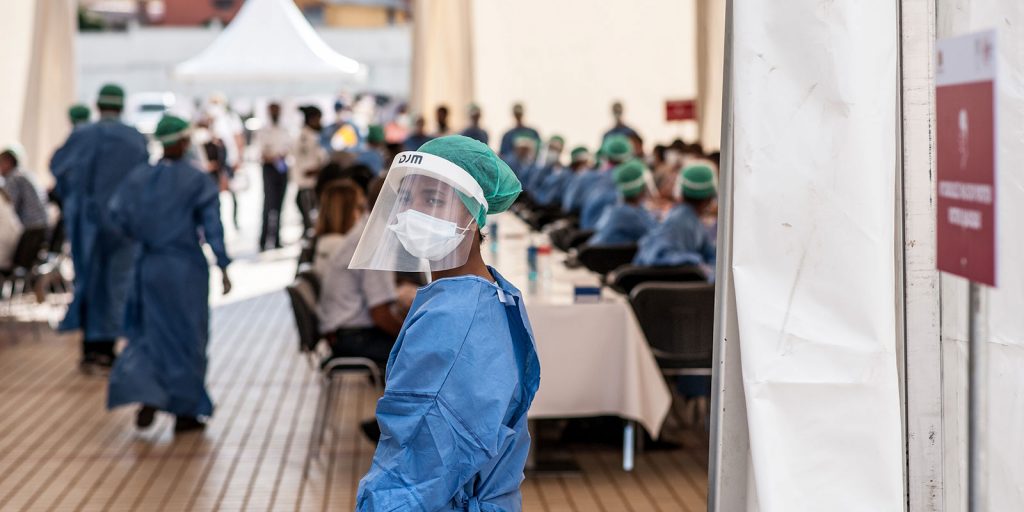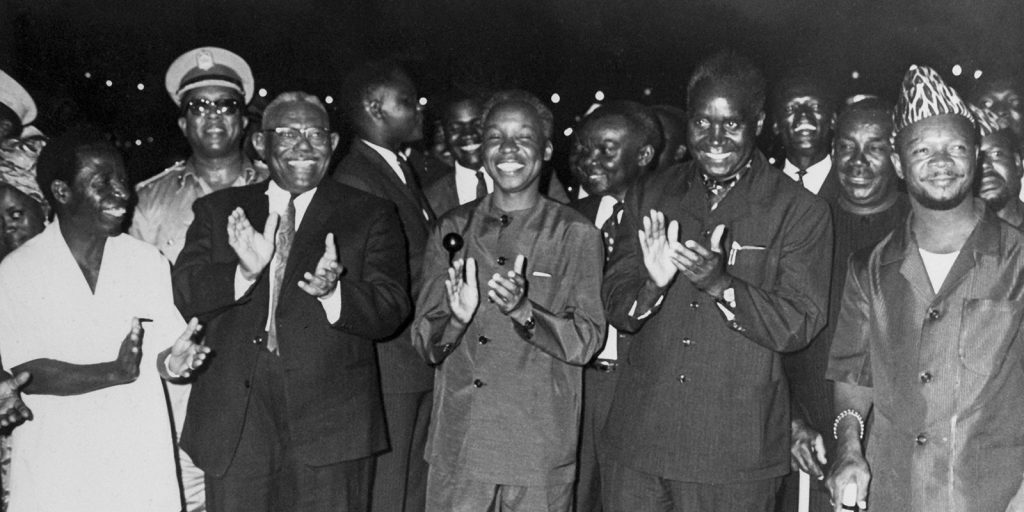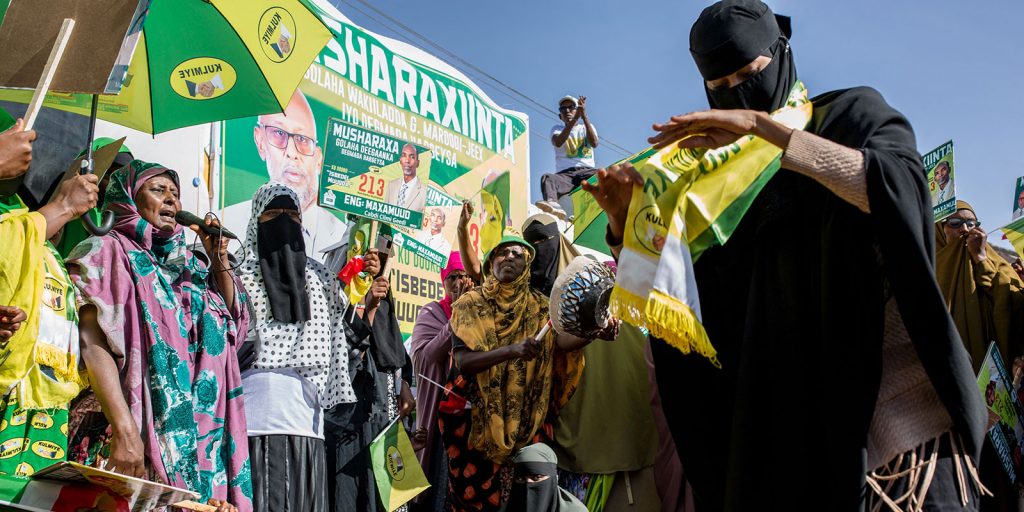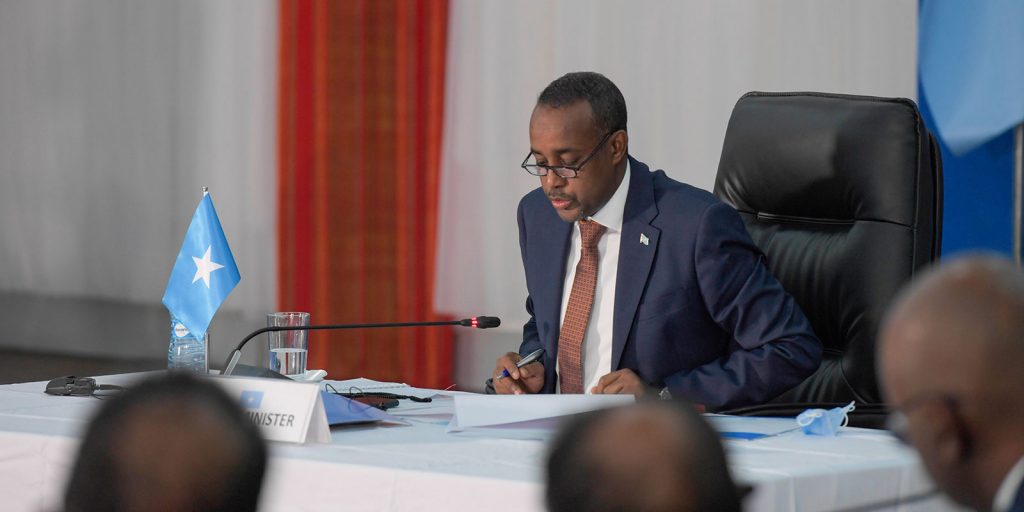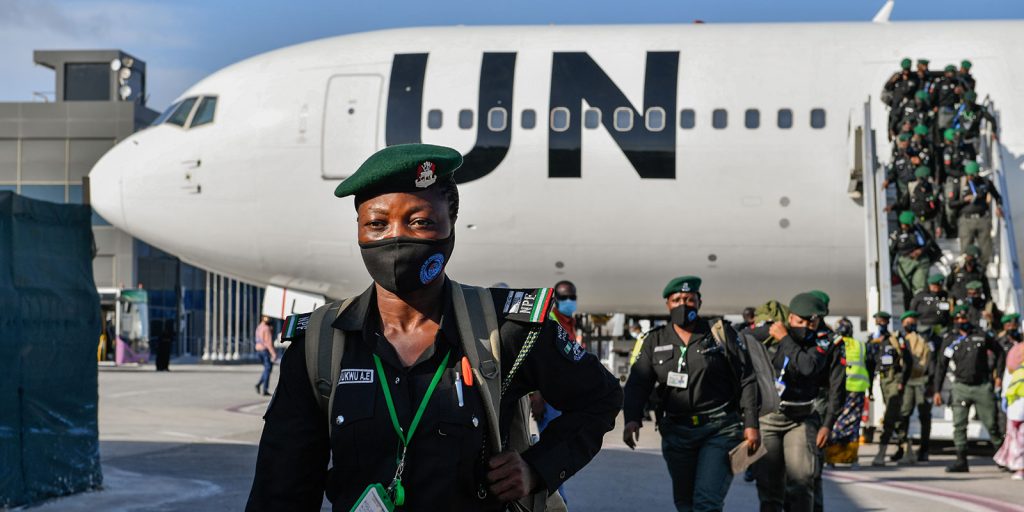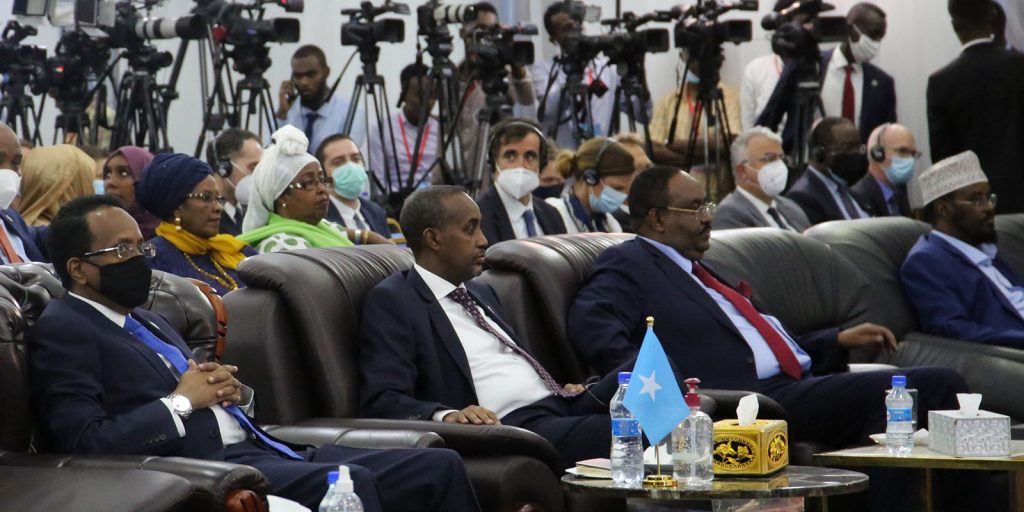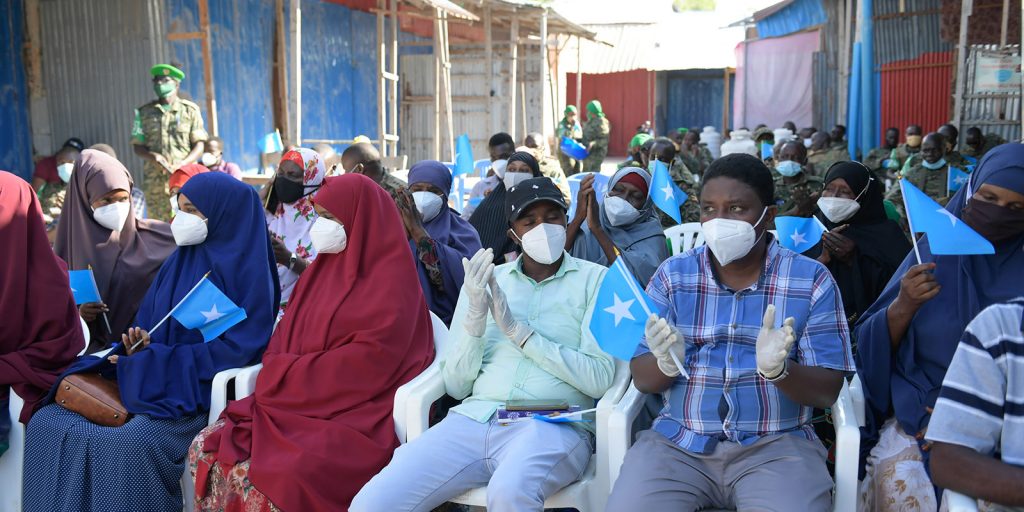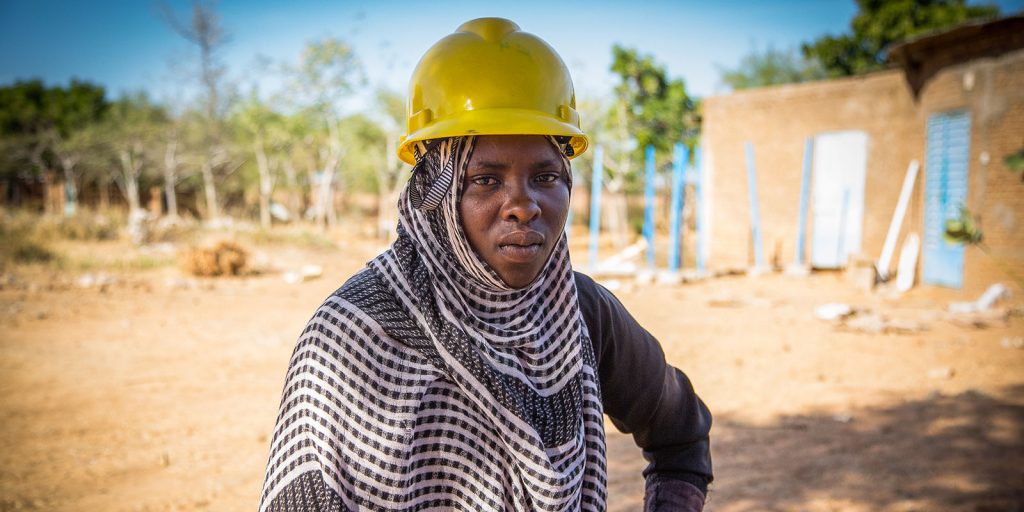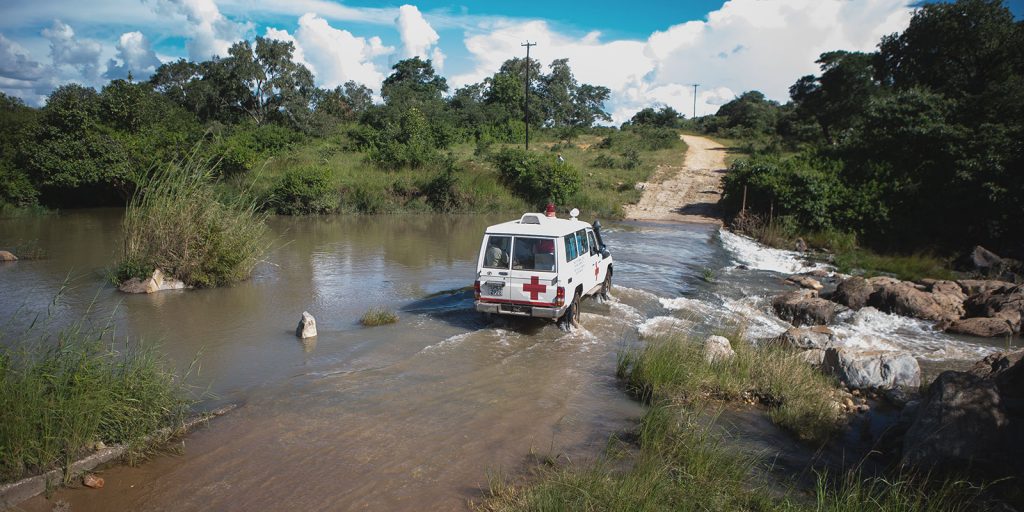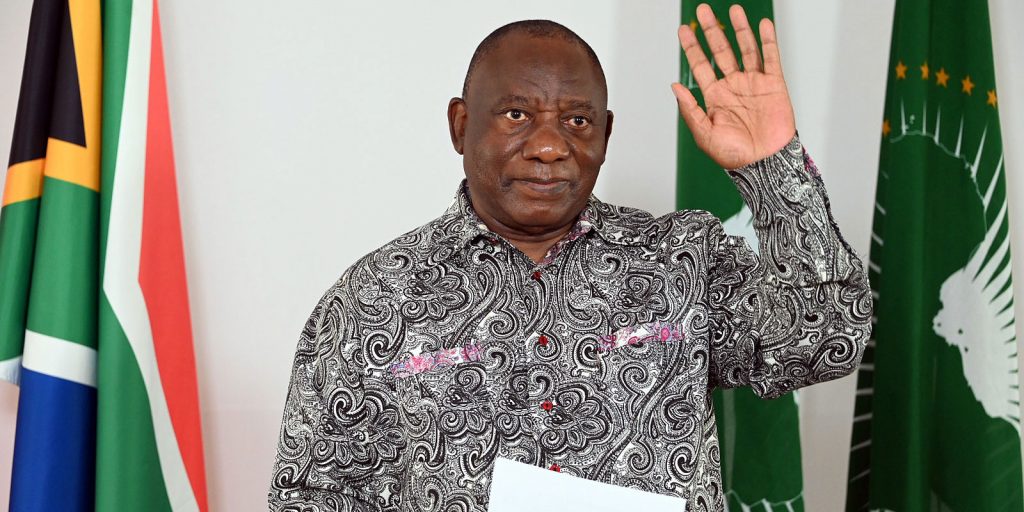
The Fight Against COVID-19 needs Global Co-operation
Speaking at the G7 Summit held on 13 June 2021, South Africa has commended the G7 and other countries for the collective action taken to overcome the current global health crisis and the commitment to create a better, greener and more prosperous world. Ending the pandemic must be our most immediate priority. COVID-19 is not over.

